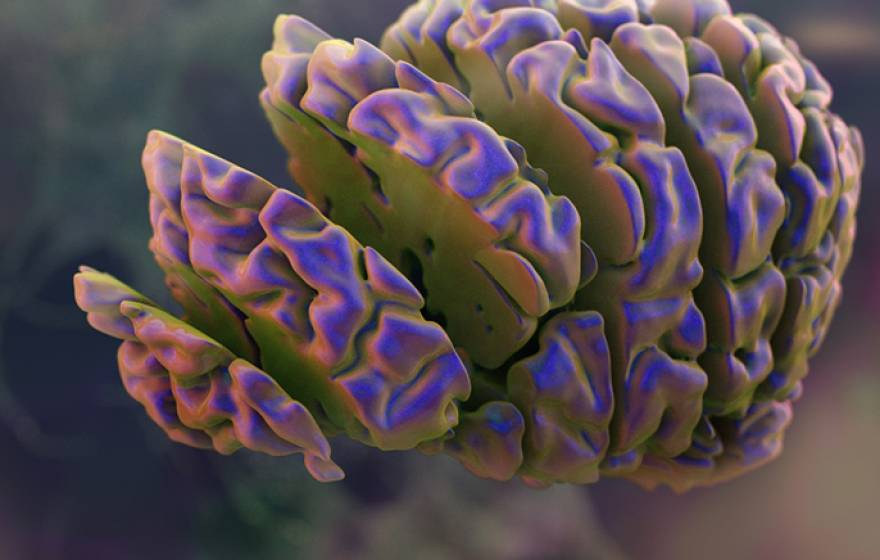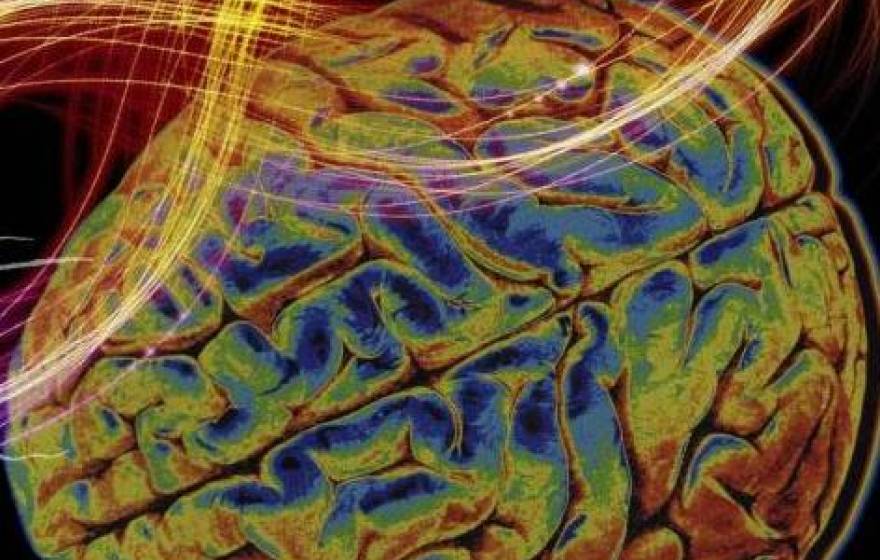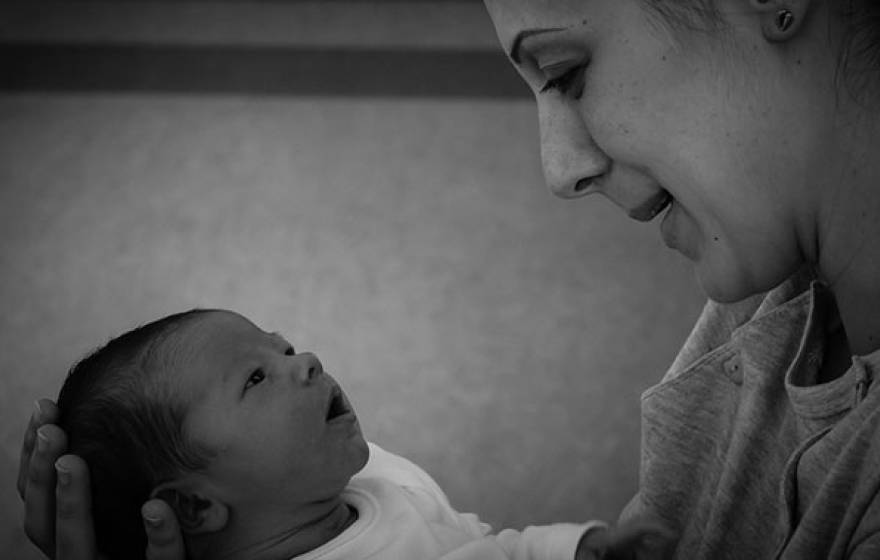UCLA |
Low-income students in high-performing schools less likely to engage in risky behaviors
A new UCLA-led study suggests that a higher quality educational environment may help improve health outcomes.
UC Santa Barbara |
This is your brain on drugs
With a $1 million award from the Keck Foundation, scientists at UC Santa Barbara will research who could be more vulnerable to addiction.
Berkeley Wellness |
How posture and gestures affect state of mind
Most are aware of the mind-body connection — how mental processes can affect a person's physical state. But what about the reverse? Berkeley Wellness reports on how body position, even facial expressions may influence how we think, feel and behave.
UC Newsroom |
UC hospitals rank among the nation's best
UC has two of the nation's top 10 hospitals and all five of its medical centers rank among the nation's best hospitals, according to U.S. News & World Report.
UC San Diego |
Acute glaucoma found to be an inflammatory disease
Acute form of the eye disease accounts for almost half of all cases of glaucoma in parts of Asia.
Washington Post |
Sleep disorders may raise risk of Alzheimer’s
Sleep disturbances such as apnea may increase the risk of Alzheimer’s disease, while moderate exercise in middle age and mentally stimulating games may prevent onset, according to new research from UCSF.
UCLA |
Putting the brakes on concussion
Former Bruin, NFL players talk about their head injuries at event to educate parents, coaches and doctors on how to protect young football players.
UC San Diego |
Marine bacteria are natural source of chemical fire retardants
Some natural compounds closely mimic toxic man-made chemicals that disrupt human hormones.
UC Davis |
Home cooks engage in risky food practices
Undercooked chicken and unwashed hands are among the unsafe practices common in American kitchens.
Science Today |
Getting to the genetic roots of bipolar disorder
An international team of researchers led by the University of California have identified 50 brain and behavioral measures that are both under strong genetic control and associated with biopolar disorder.
UCLA |
Mother's place of birth is a risk factor for autism in U.S.-born children
Study finds that when compared with children born to white American mothers, offspring of foreign-born women were more likely to have the disorder.
UC Davis Health System |
Maternal exposure to farm pesticides linked to autism in offspring
Pregnant women who lived close to fields where chemicals at higher risk UC Davis MIND Institute study finds.







